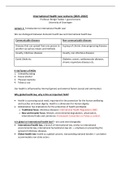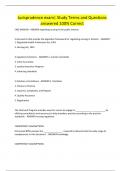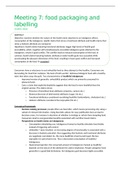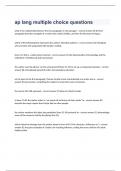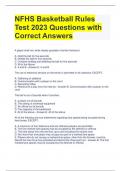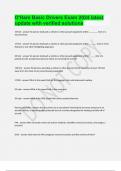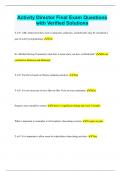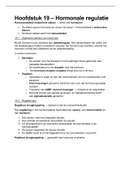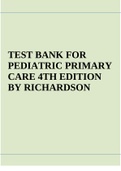College aantekeningen
Lecture Notes - International Health Law - University of Groningen
- Instelling
- Rijksuniversiteit Groningen (RuG)
Lecture Notes for the course: International health law (master programme International Human Rights law) University of Groningen. Professor Brigit Toebes Message direct of discount
[Meer zien]
